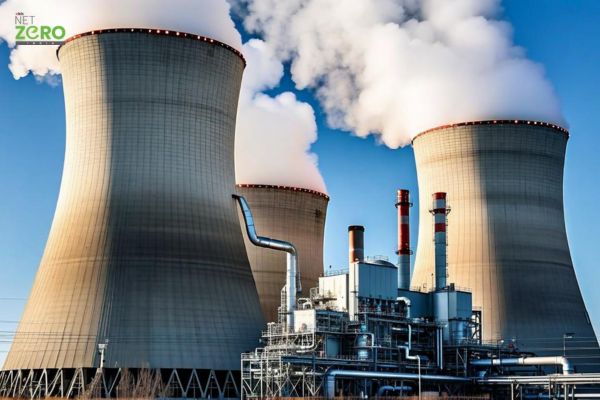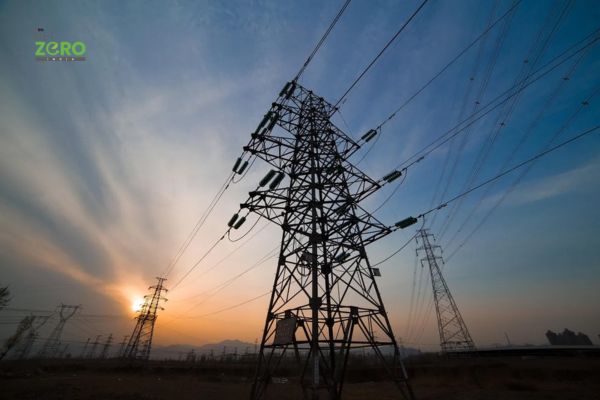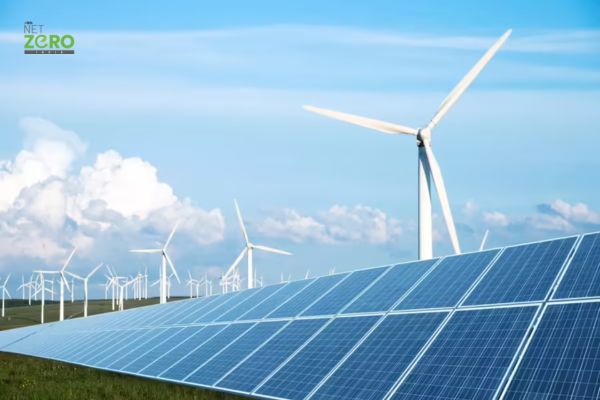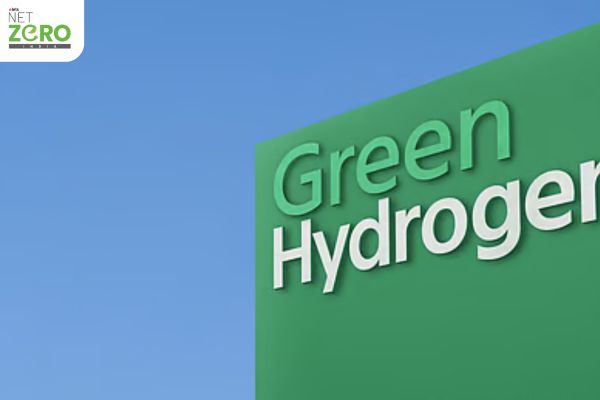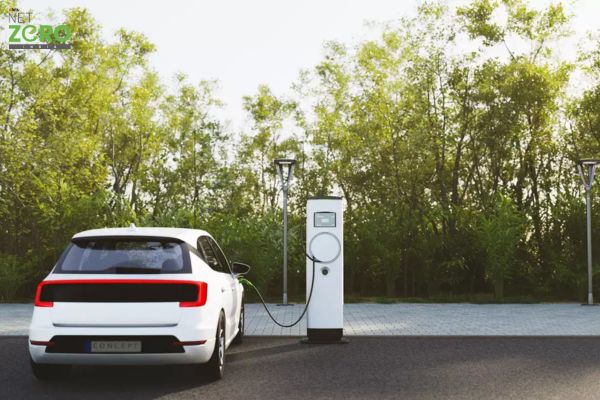
A complete transition from older vehicles to electric vehicles (EVs) in 44 Indian cities with a population of at least 10 lakh could avoid 11.5 tonnes of PM2.5 emissions every day by 2035 and cut greenhouse gas emissions by 61 million tonnes of carbon dioxide equivalent, according to a new study by The Energy and Resources Institute (TERI). The study also projects savings of over 51 billion litres of petrol and diesel, and a reduction in India’s oil import bill by an estimated ₹9.17 lakh crore ($106.6 billion) by 2035.
The authors noted that the number of older vehicles in these cities could increase from 4.9 million (49 lakh) in 2024 to 7.5 million (75 lakh) by 2030. The transport sector contributes up to 24 per cent and 37 per cent to ambient PM10 and PM2.5 concentrations in Indian cities during the winter season, respectively, as per TERI.
Older vehicles are identified as a major source of air pollution in India’s urban centers. The study highlights that older diesel buses are the most significant polluters among all vehicle types, and that imposing age restrictions on buses alone could reduce PM2.5 emissions by 50 per cent and nitrogen oxide emissions by 80 per cent by 2030.
A staggered plan to phase out 11.4 million (1.14 crore) vehicles between 2030 and 2035 has been proposed, recommending either a full replacement with EVs or a combination of electric and CNG vehicles. The study emphasises that a complete switch to EVs could avoid 11.5 tonnes of PM2.5 emissions daily and reduce greenhouse gas emissions by 61 million tonnes of carbon dioxide equivalent.
Also Read :- Vikram Solar Wins 150 MW Module Supply Order from MAHAGENCO
The transition could also generate around 3.7 lakh new jobs in the electric vehicle and renewable energy sectors. To support this shift, the study estimates the need for more than 45,000 public EV-charging stations and 130 vehicle-scrapping facilities across the 44 cities.
If half of the older vehicles are instead converted to CNG, about 2,655 new CNG stations would be necessary, but job creation would be limited to around 45,000, the study noted. However, it cautions that while a mixed strategy may be easier to implement, it would lead to 30 per cent lower greenhouse gas reductions compared to a full transition to electric vehicles.
Be a part of Elets Collaborative Initiatives. Join Us for Upcoming Events and explore business opportunities. Like us on Facebook , connect with us on LinkedIn and follow us on Twitter, Instagram.
"Exciting news! Elets technomedia is now on WhatsApp Channels Subscribe today by clicking the link and stay updated with the latest insights!" Click here!





